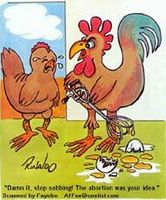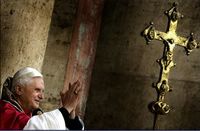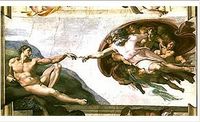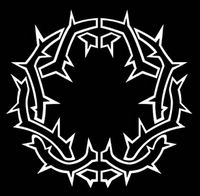In A Hole In One, a young unmarried woman blogs about her accidental and unwanted pregnancy. Unflinchingy honest, it is a moving and compelling story. The blog chronicles her innermost thoughts, feelings and circumstances surrounding her decision. Her anxieties, her fear, her sadness, her helplessness and uncertainty are palpable: "... the trembling sadness, in my voice as I asked for abortion counseling. (Funny, I can't bear to type the word abortion. Abortion. I can say it before I can type it. Abortion. I must face that fact and use that word, with all of its emotionally charged connotations and meanings.)"
Her decision to terminate the four-week pregnancy is all the more painful and shattering because of The Irony.
"I am to be the godmother of my best friend's child. If their IVF is successful, the due date would be around the same time as mine would have been"
Her honest reflections crystallise a deep and profound sense of guilt, leaving little doubt that a decision to abort is rarely ever freely decided. It is a decision that asks many, many tough questions.
"Sometimes I entertain the possibility of keeping it. The entire process should be joyful, not so full of sadness and heaviness like it has been. Would that change, had my decision been different? I don't know. Perhaps I still have time to decide otherwise. But I suspect that if I decided to continue the pregnancy, I would be even more distracted and scared. In termination, the end result is certain. In continuation, there is no end result. It just keeps going, the changes, the surprises, the fear and uncertainty."
There is no end to the anguish of taking a life.

"Damn it, stop sobbing! The abortion was your idea" 
Women who have had an abortion can also be afflicted by grief, guilt, and a tremendous sense of personal loss. Many carry the trauma for years afterwards. According to a close friend who went through it years ago: "The loss of a child by abortion can form a hole in one's heart, a hole so deep that sometimes it seems nothing can fill the emptiness."
Forbidden Grief: The Unspoken Pain of Abortion, a book by Theresa Burke and David Reardon is filled with profound insights into the mind and emotions of those who have been wounded by this decision. Their grief remains largely hidden – forbidden really – from public view. A dear friend confided the other day:
"Two decades later, and I’m a father. My children are perfectly formed with inquiring minds and a devilish sense of humour. They are at least as precious to me as children are to any dad capable of limitless love and affection. They love me, they tell me often. They adore their mother too. Our lives would be utterly bleak without their constant presence, their chirpiness and even their occasional tantrums. But how to reconcile this happiness with the reality that an unborn baby, no doubt also perfectly formed and capable of great things, was sacrificed because abortion was the most attractive option at that time?"



















